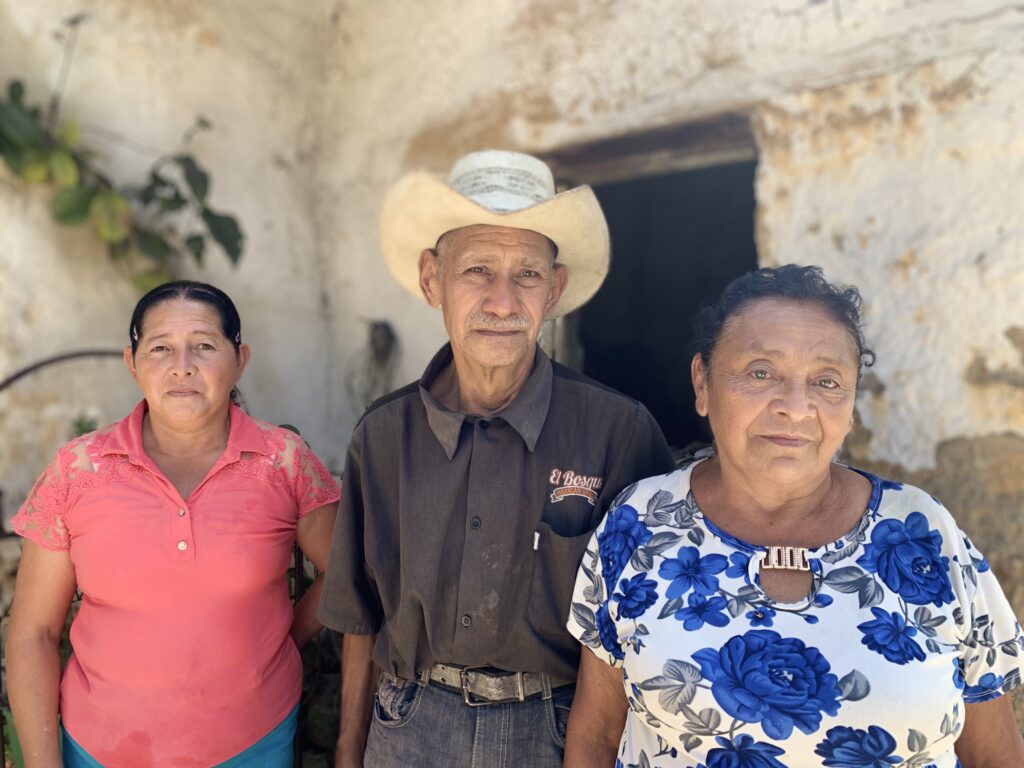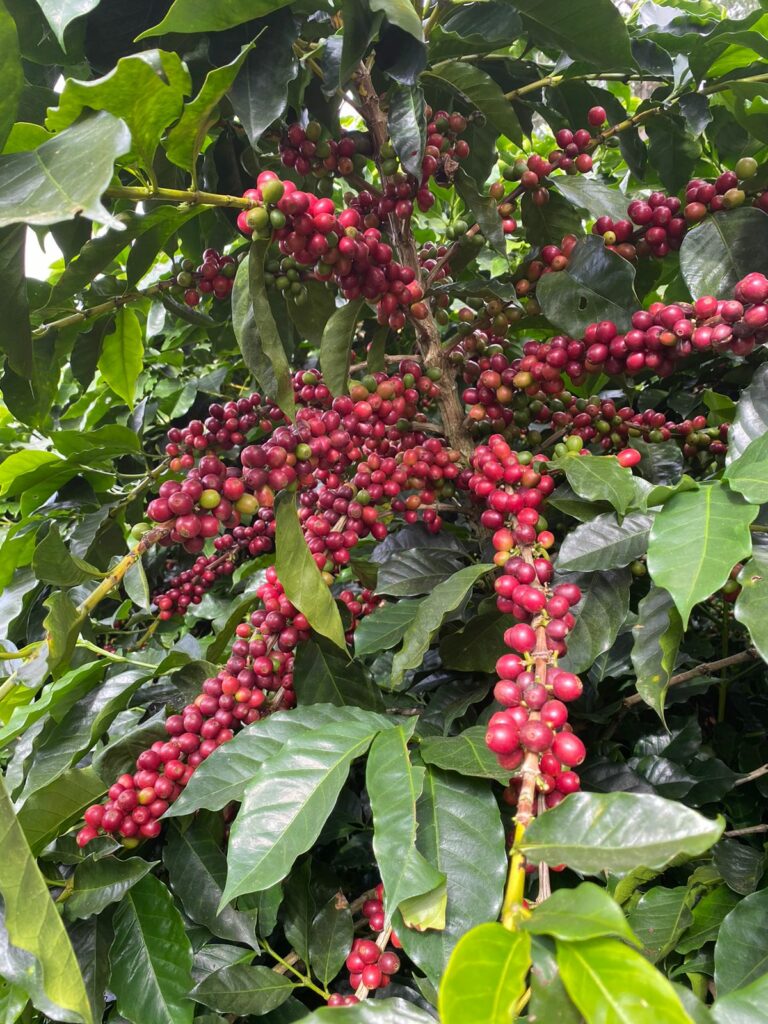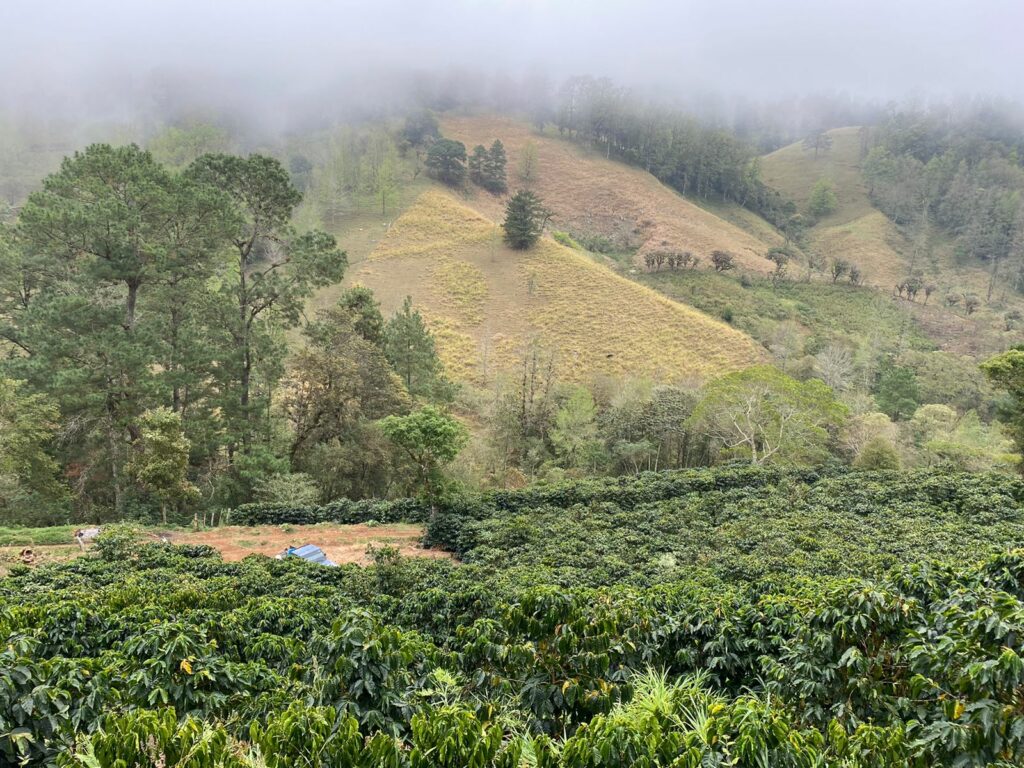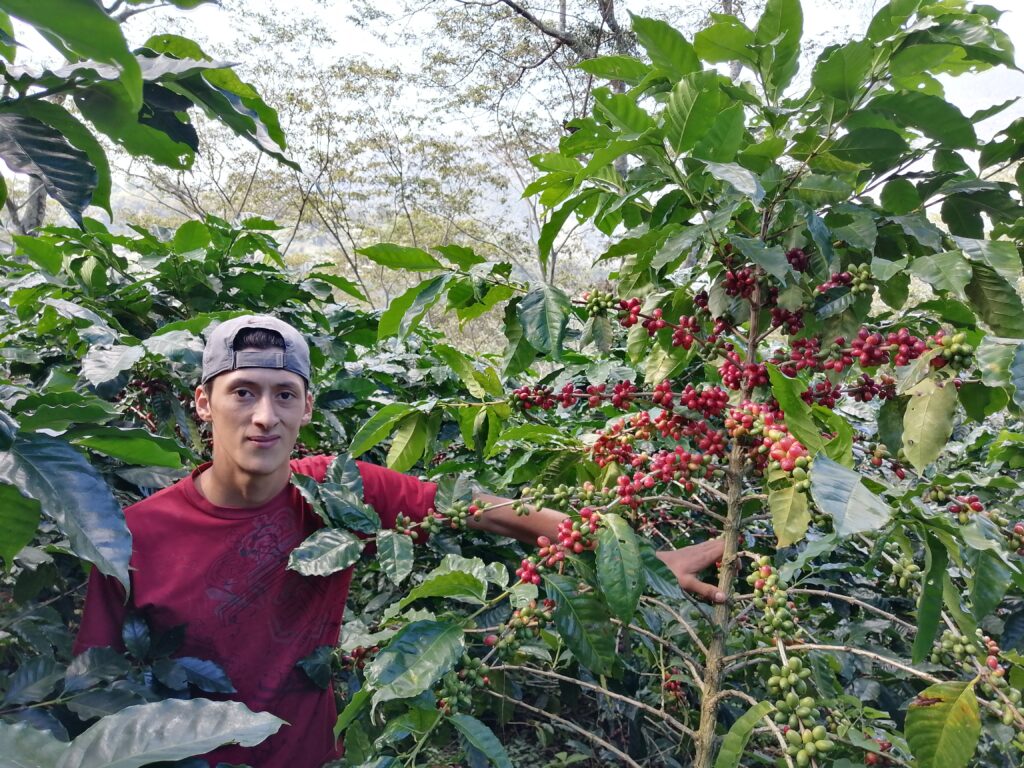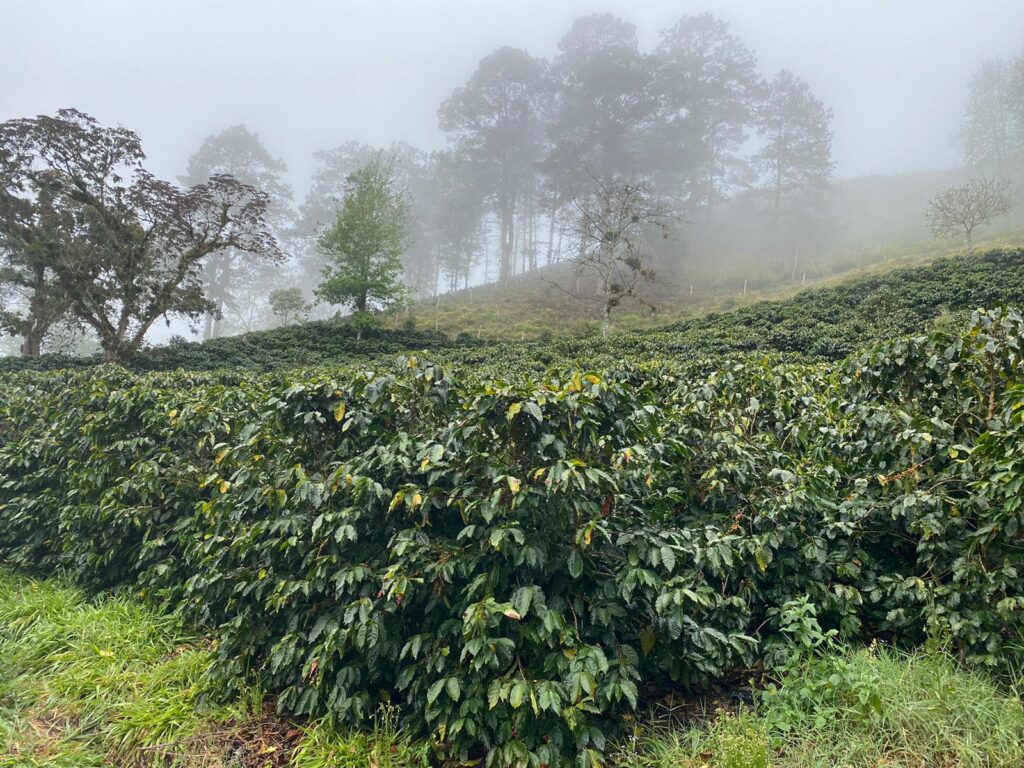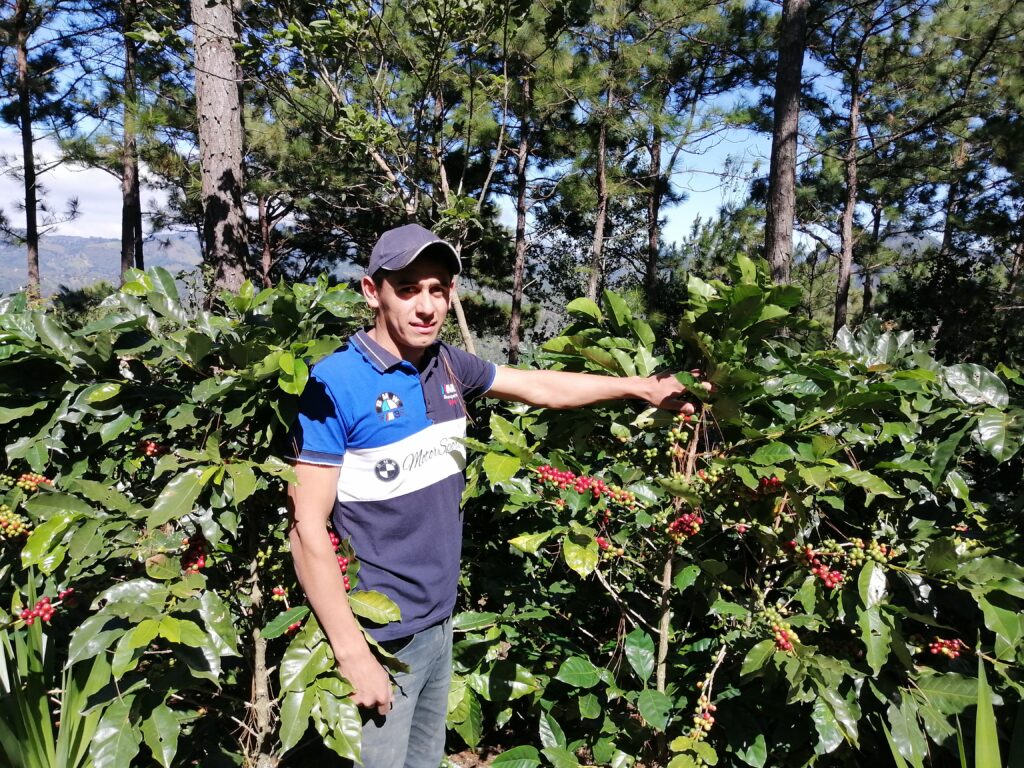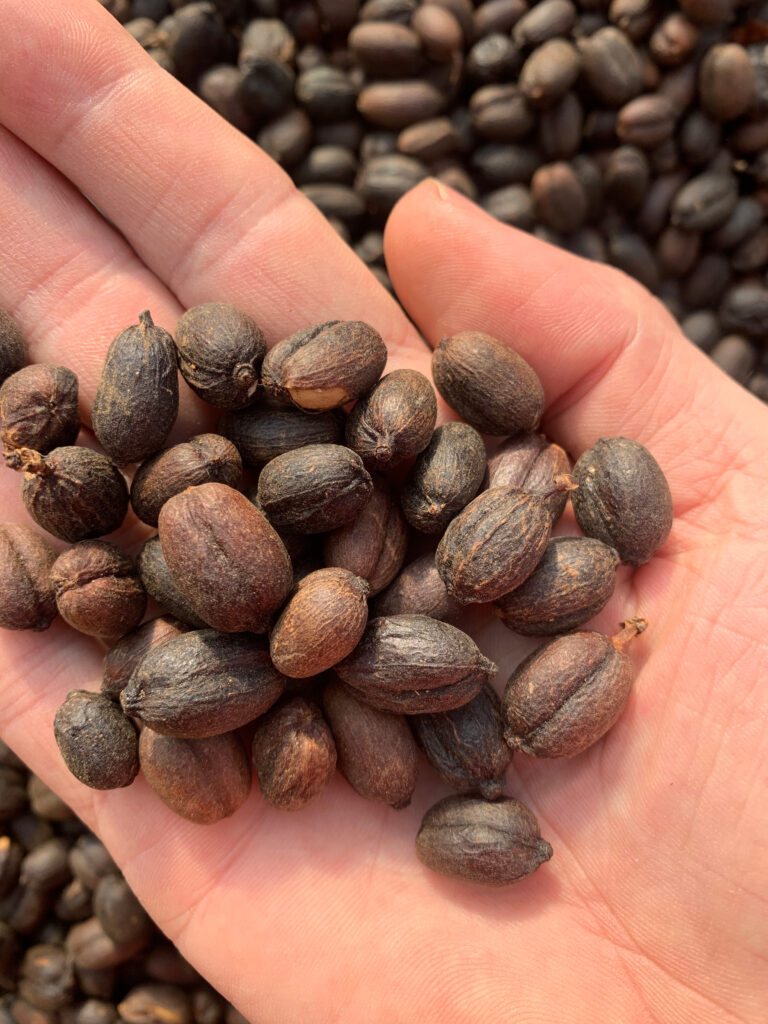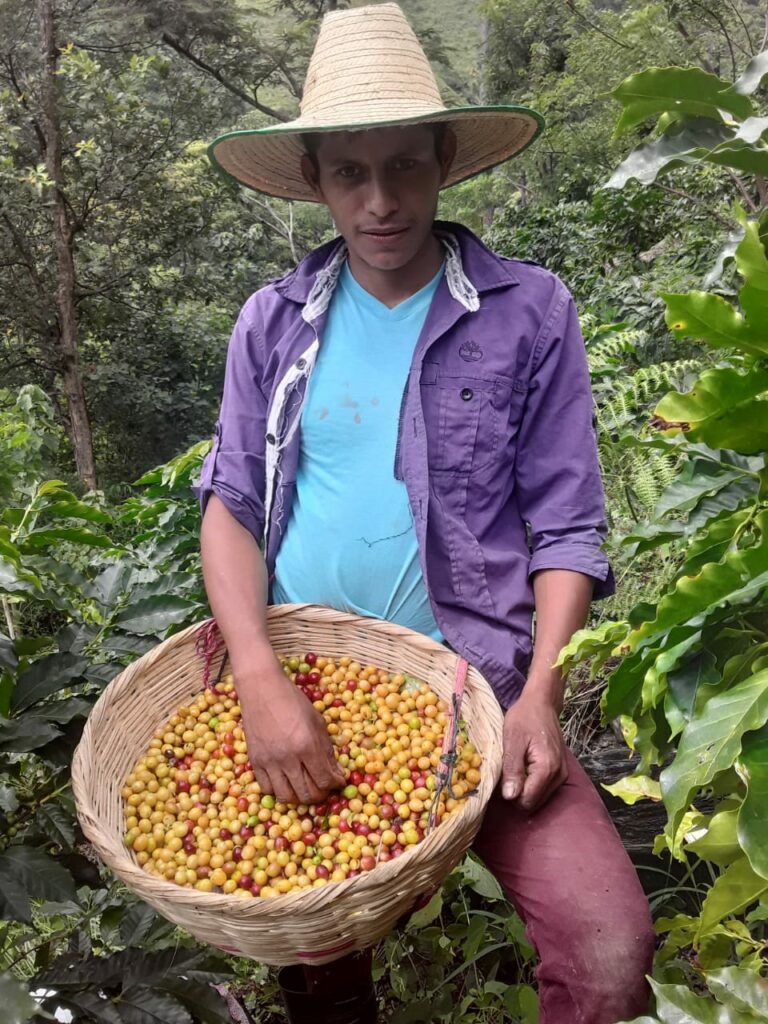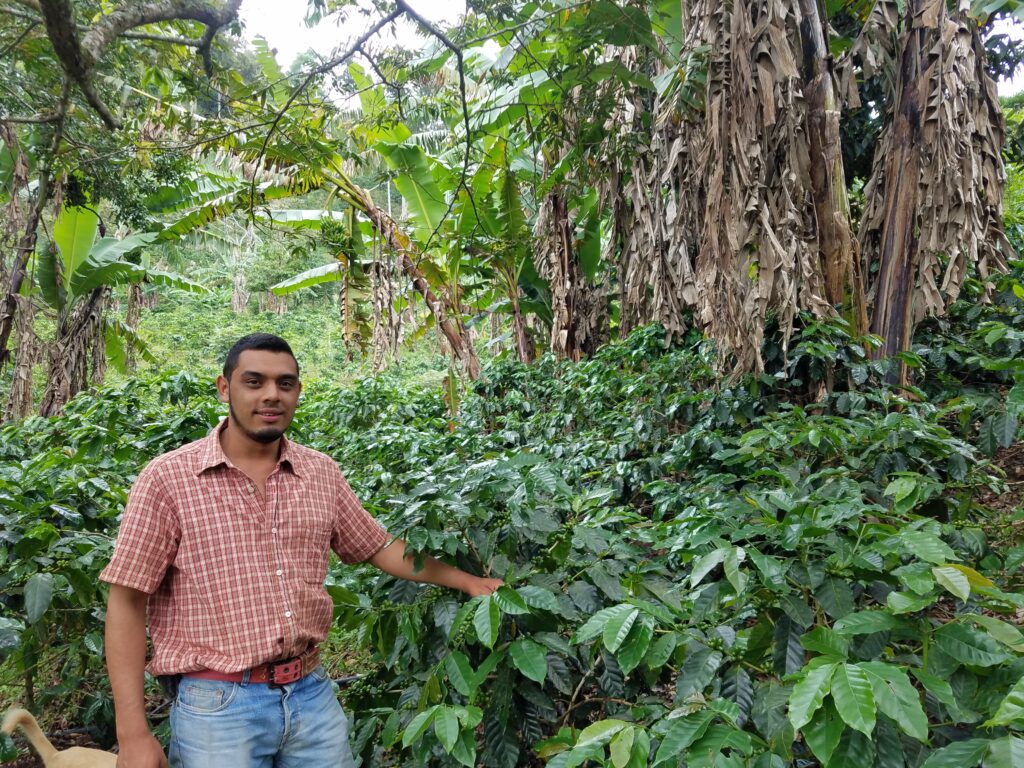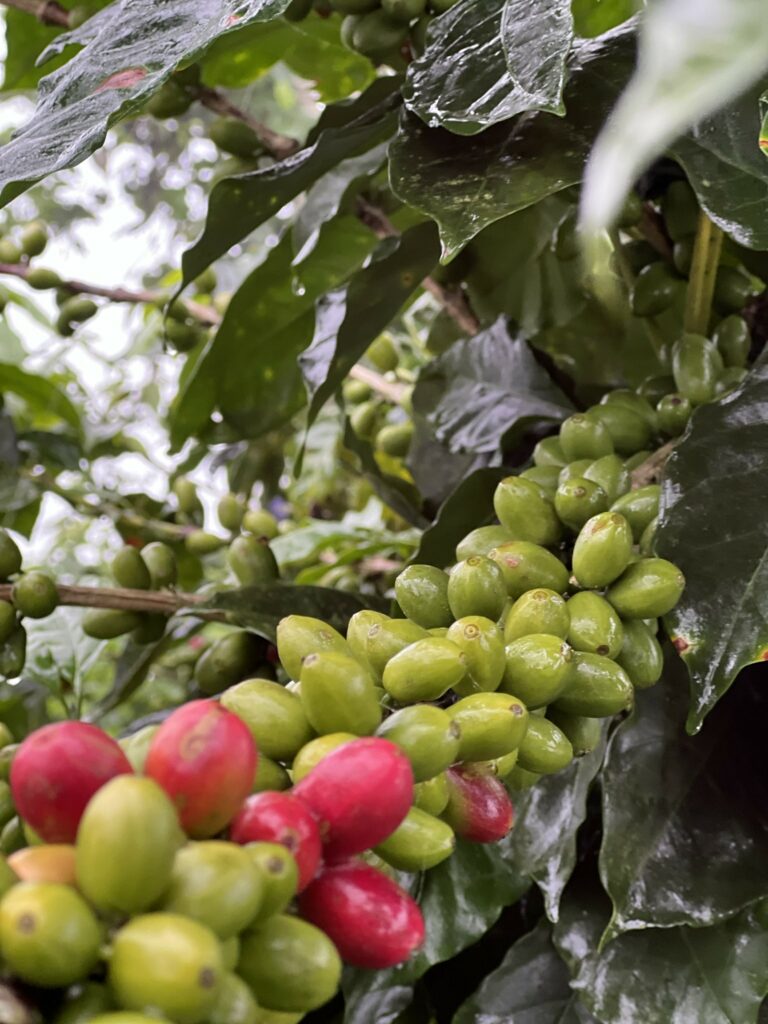CAFESMO is a 280+ member co-op located in the south of Honduras near the country’s borders with Guatemala and El Salvador. Member farms typically range from 2–12 hectares in size, and are found throughout a large zone around the hills of Mercedes; the area is surrounded by Cerro Pital to the west, and Guisayote National Reserve and the Pacayita volcano on the other flanks, creating a variety of microclimates and bountiful habitats for diverse flora and fauna. The area is also known for its rich soil and good elevation for coffee production, with most member farms sitting 1200–1600 meters above sea level.
The organization was established formally in 2016, and began exporting specialty coffee in 2018. CAFESMO members are committed to improvement and quality, which is supported by the co-op through workshops for new and existing producers to help them learn about their harvest, post-harvest processing, choosing the right varieties for their farm, and more. CASFESMO also operates their own wet and dry mills, producing Washed, Honey, and Natural lots, and recently have introduced Anaerobic processes to their repertoire.
This lot of coffee underwent Natural processing. Freshly harvested coffee cherries were transported to CAFESMO’s wet mill where processing began on the same day they were harvested. The cherries are washed to remove debris before being sorted by density. The sorted coffee cherries when then placed into piles and fermented for 10–12 hours. The fermented cherries were then dried first on a patio for 2–4 days, and then on raised beds until reaching a humidity of 11–12%. After being dried, the coffee is milled and analyzed for quality before being packaged for shipment.
